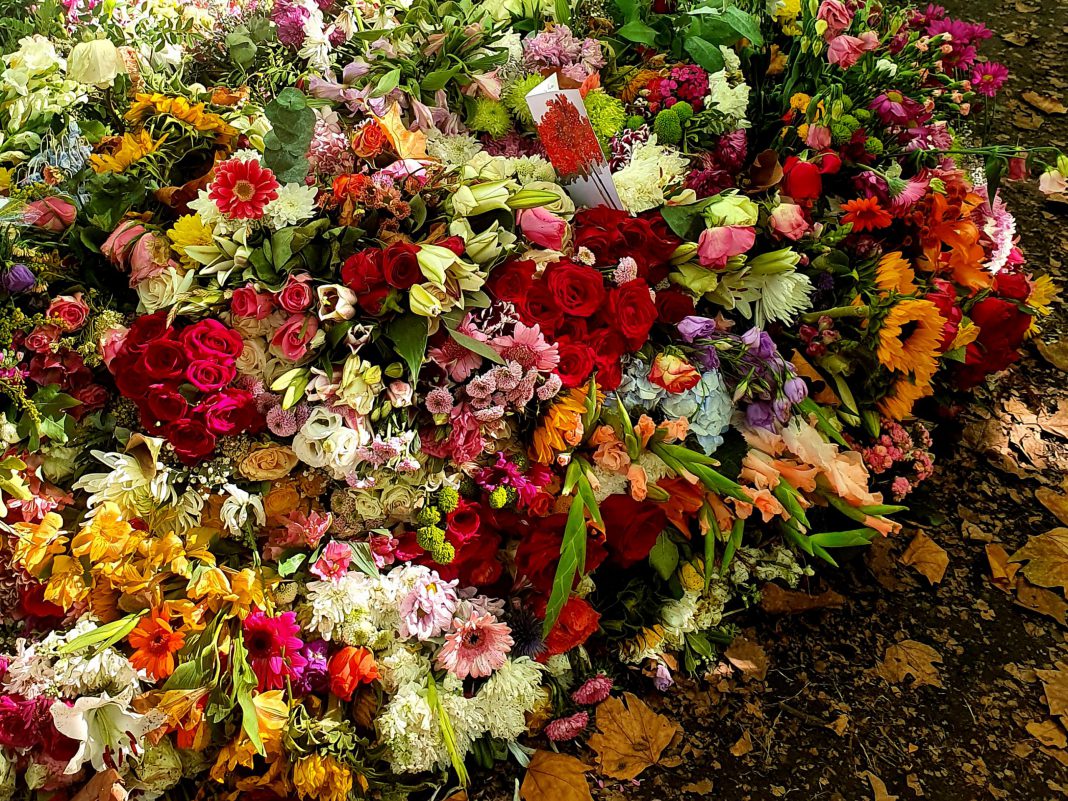The Winchelsea Second Wednesday Society reconvened on the September 14, after its summer break. We were looking forward to getting back together and then at lunchtime on the 8th, news broke from Balmoral. We’d known it was coming, sooner rather than later, but it still shocked us. Apart from the varying degrees of grief, experienced differently by each of us, we knew it would also herald enormous change within our nation and beyond. And change is destabilising and unwelcome as a rule.
Within our small towns of Winchelsea and Rye, events and gatherings due to be held over the subsequent weekend were cancelled or postponed. The Rye Arts Festival was particularly badly affected. On the Second Wednesday committee, we had a long conversation about what the correct thing to do would be. Since I took over the chair of the society, my focus has been to expand it as the hub of the community, giving an excuse to friends and neighbours, old and new, to meet up. We gather, we learn, we’re entertained and then we chat, share and eat cake; a lot can be sorted out over cake. So, on balance we felt that especially at this time, being together was a better choice than not.
In that spirit, we welcomed Dr Patricia Erskine-Hill to the New Hall and she transported us temporarily to 15th and 17th century Venice. Due to its very specific and unusual topography, its culture differed in many ways from other European cities.
The ‘Libro d’Oro’, or Golden Book of Nobility, was a formal directory of the noble families who formed the elite end of a very rigid class system. When a daughter married, she would take with her an onerous dowry of 20,000 ducats. There was just one place left for any subsequent daughters, the convent.
At one point Venice had forty nine convents, with 120,000 very reluctant noble residents, ranging in age from 12 years old, to the very elderly. It is estimated that fifty percent of young men therefore, remained unmarried.
Actions have consequences, and in this case a gap in the market was created. A class of courtesans developed. The refined, cultured and educated “Honest Courtesans” who held salons, spoke different languages, were musical and artistic and the “Courtesans of Light” who well…advertised their wares by leaving a light on in the window!
This cruel and regressive system of enforced confinement and social engineering lasted right up to the 18th century and the dissolution of the Venetian Republic by Napoleon.
With a screeching gear change, we can make the season last a little longer by looking forward to the return of Dr Kathryn Ferry on October 12. Amongst many things, she is the author of ‘The Nation’s Host: Butlin’s and the Story of the British Seaside’ and will present “Camping De-Luxe, Billy Butlin’s Holiday Villages by the Sea”. Kathryn is a historian who specialises in architecture, design and seaside culture and is a favourite at Second Wednesday. Please come up and discover her for yourselves.
On a personal note, I took this month’s photo in Green Park. It shows some of the flowers left for Her Majesty The Queen. Some of you may have seen the Instagram post I did for @newsrye showing the floral tributes collected and arranged as a woodland trail, dappled in sunlight, under the trees. As a Londoner, I never miss the capital more than on such extraordinary, grand, spectacular and unifying occasions.
Image Credits: Natasha Robinson .



